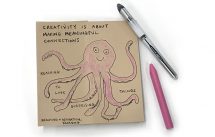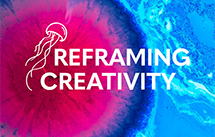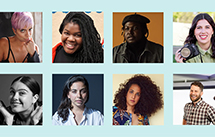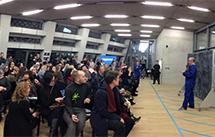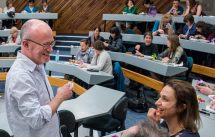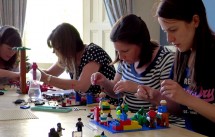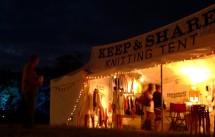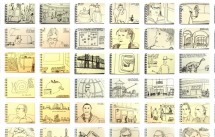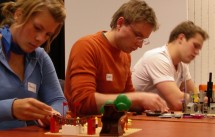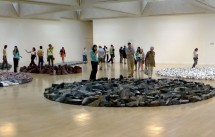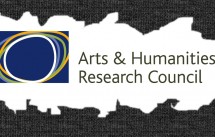In a project funded by the AHRC & BBC Pilot Knowledge Exchange Programme, we worked with BBC producers during the development of a virtual world for children, Adventure Rock, which was offered for free from the BBC website.
Amongst other findings, we were able to identify eight orientations to Adventure Rock – simplified archetypes representing the different ways in which children engaged with this world – such as ‘Self-stampers’, who wanted to make their mark on the world through self-expression; ‘Social climbers’, who were interested in ranking, and wanted to be visibly doing better than other players; and ‘Nurturers’, who wanted to care for characters in the environment. These archetypes were taken up by executives in BBC Children’s, 2008–10, who used them when discussing new ideas for digital games, platforms and other commissions.
Although this collaboration was viewed as a success, the experience of this project fed into my argument that really good Knowledge Exchange projects should start at the very beginning of a design process, rather than being a matter of adding academics at a late stage to ‘evaluate’ something that has already been developed.







